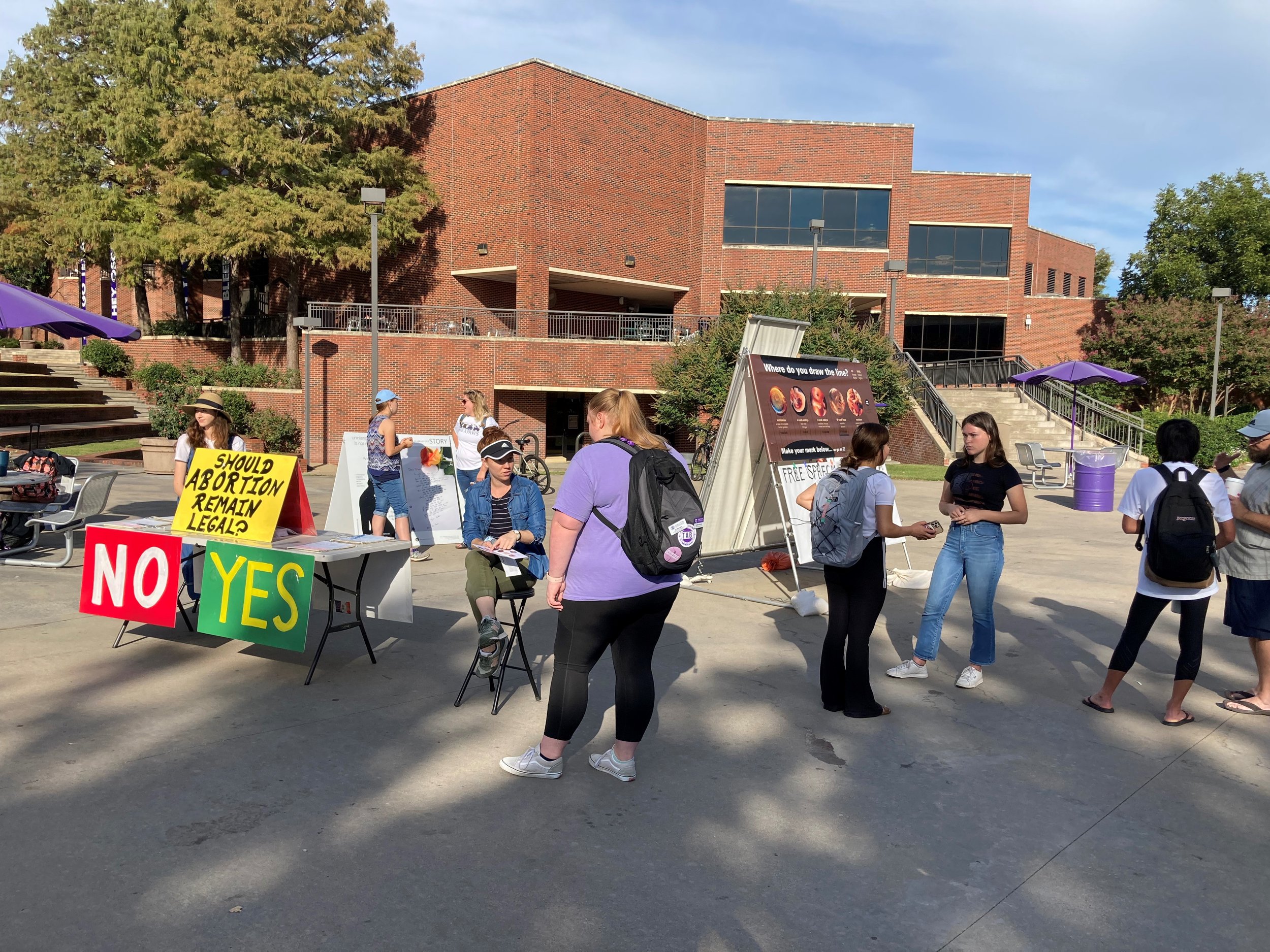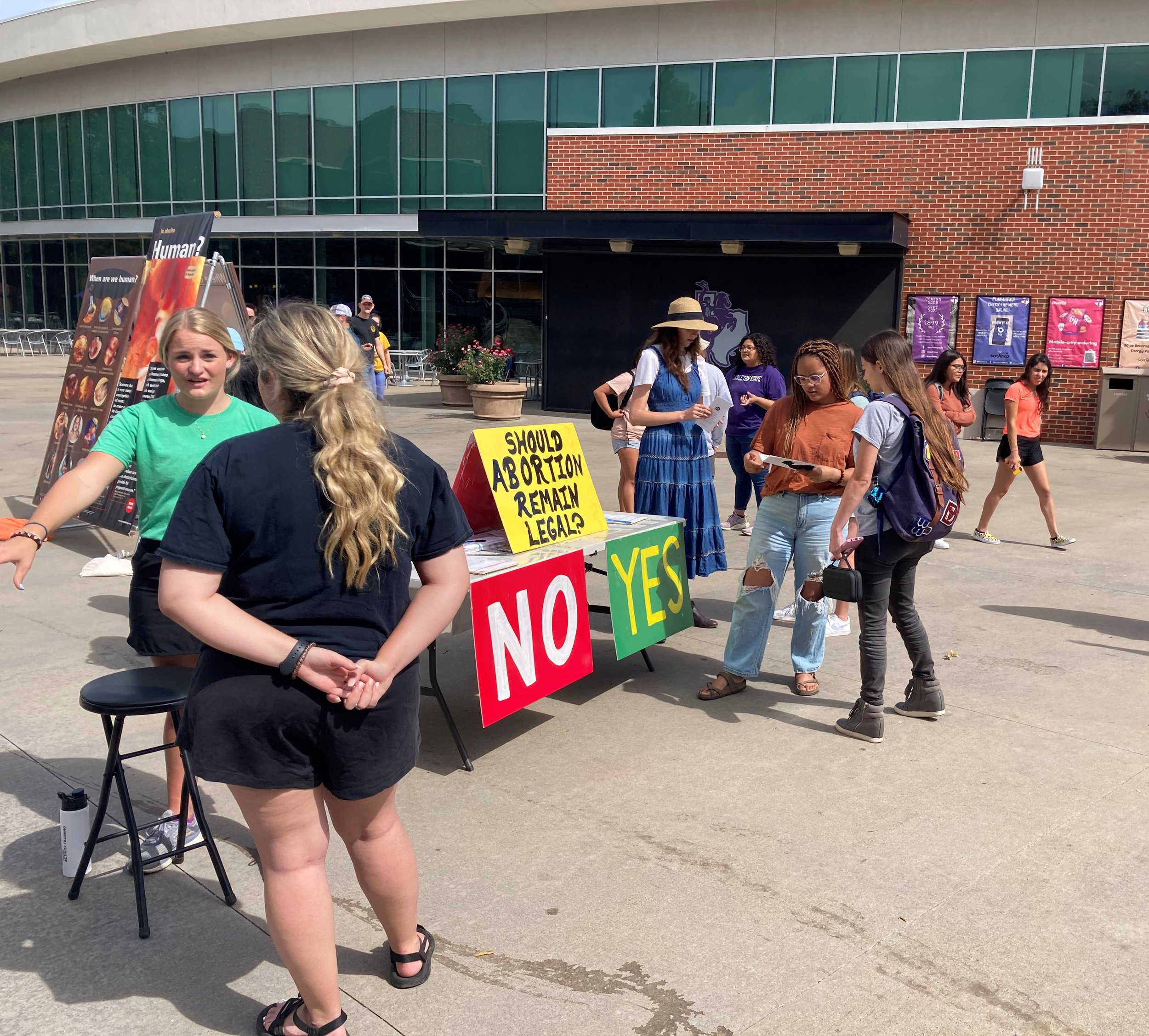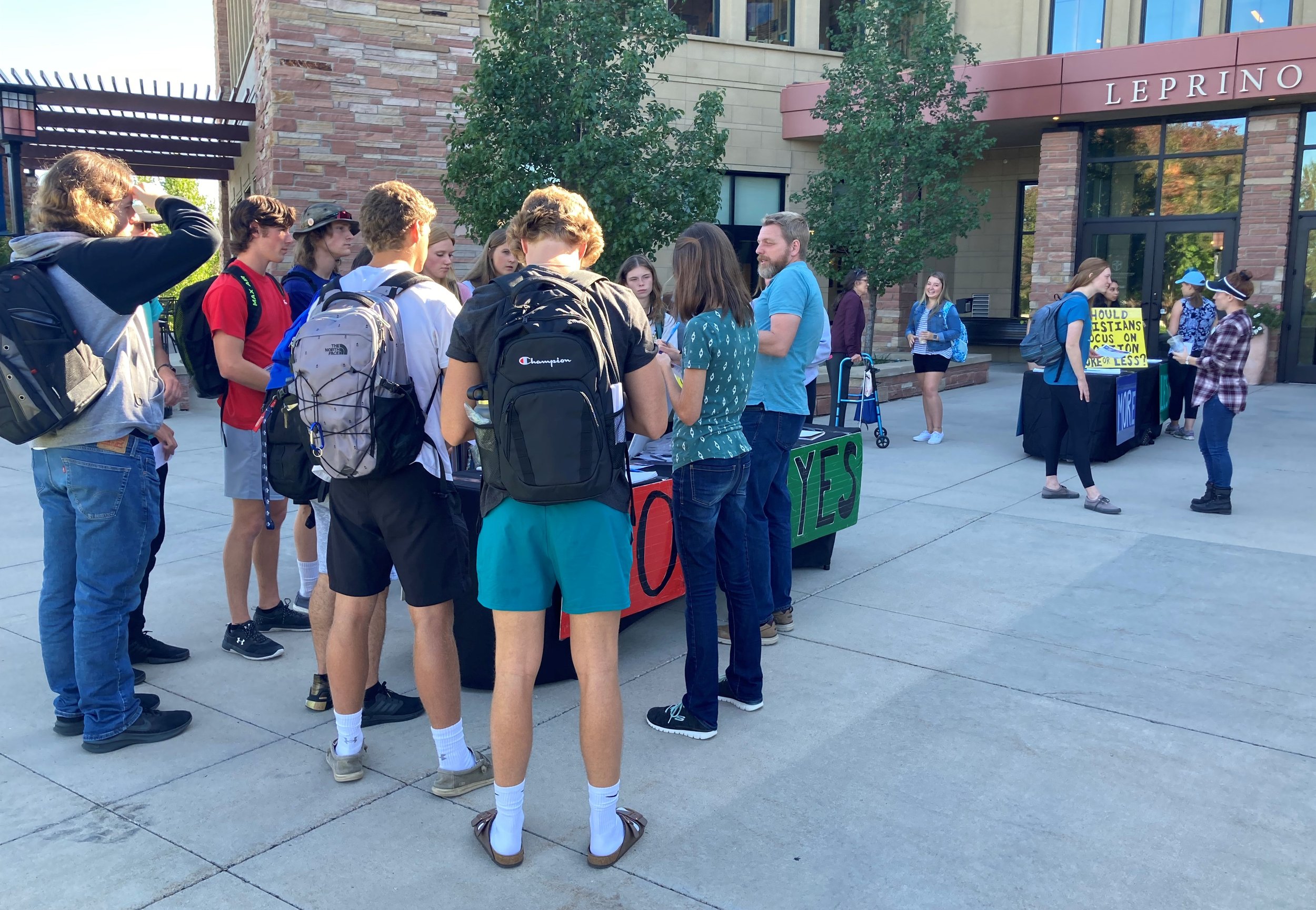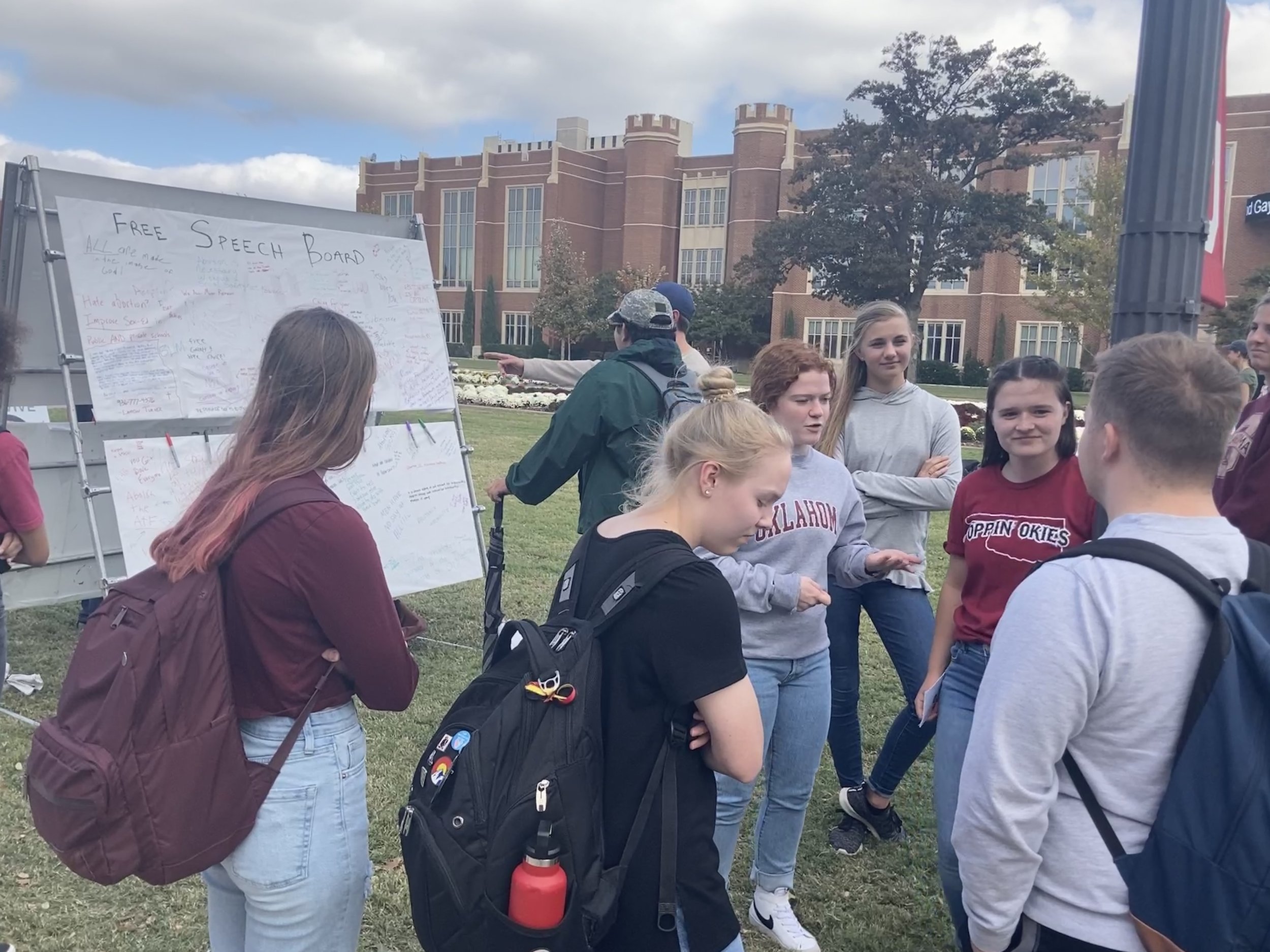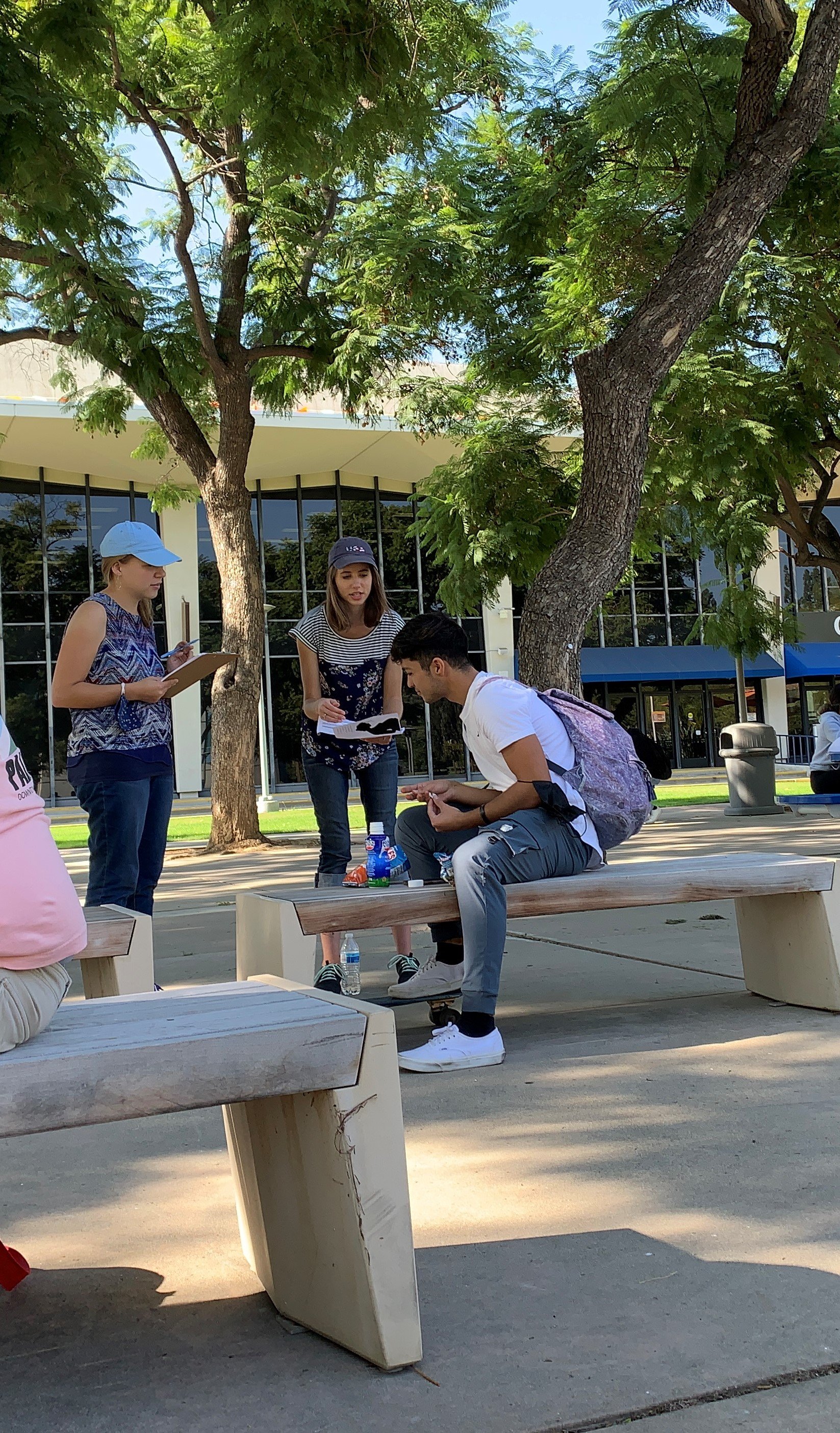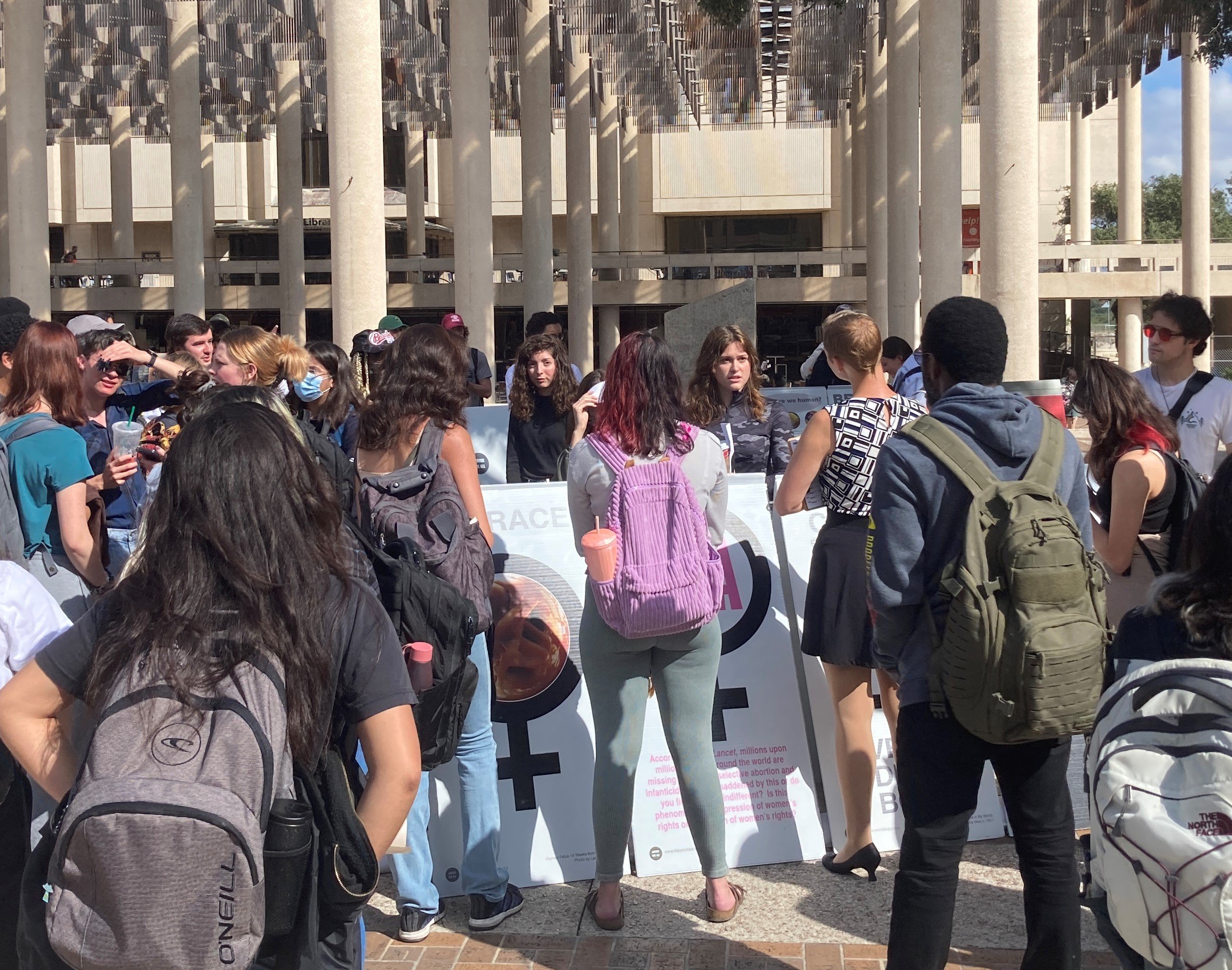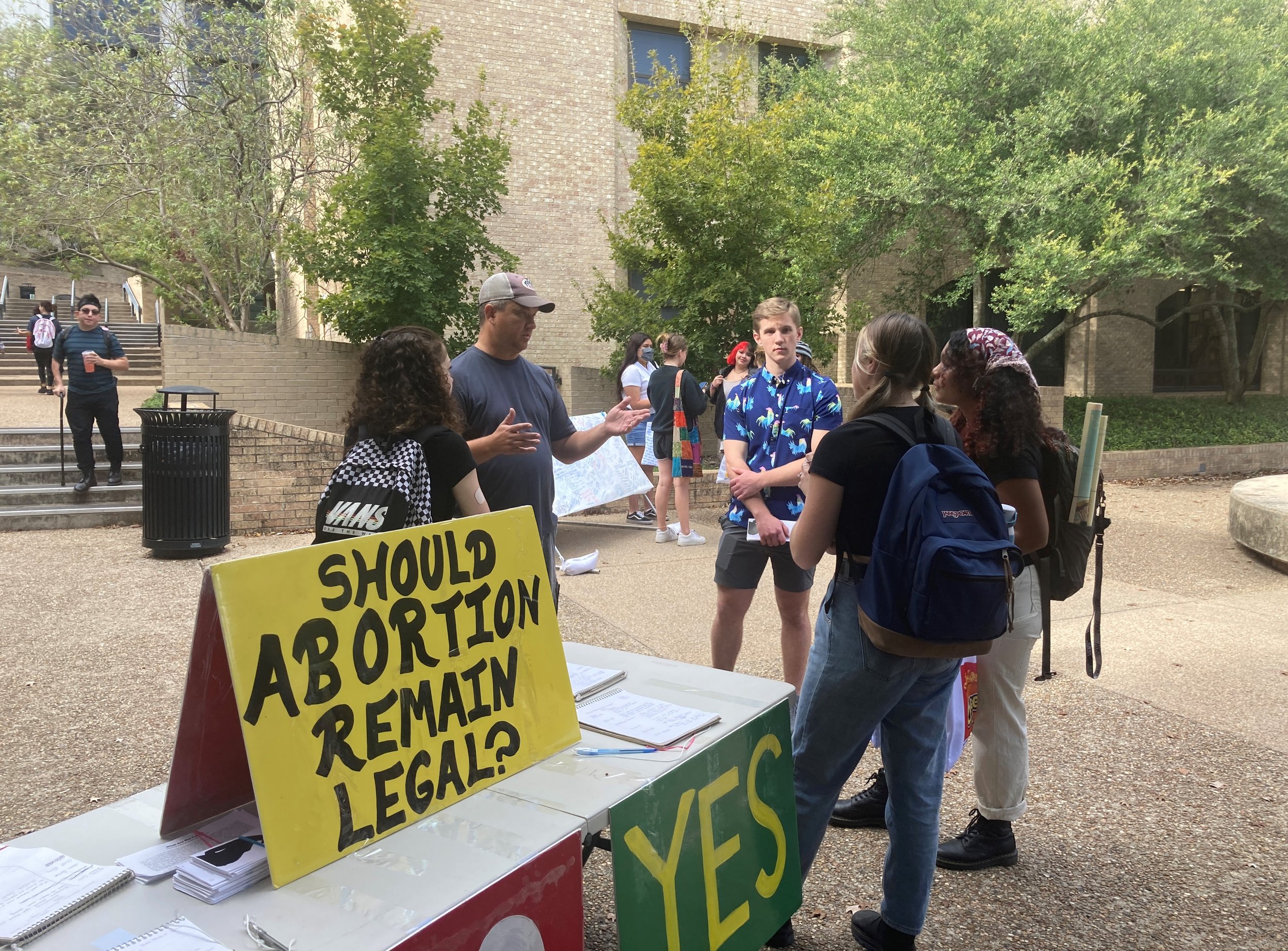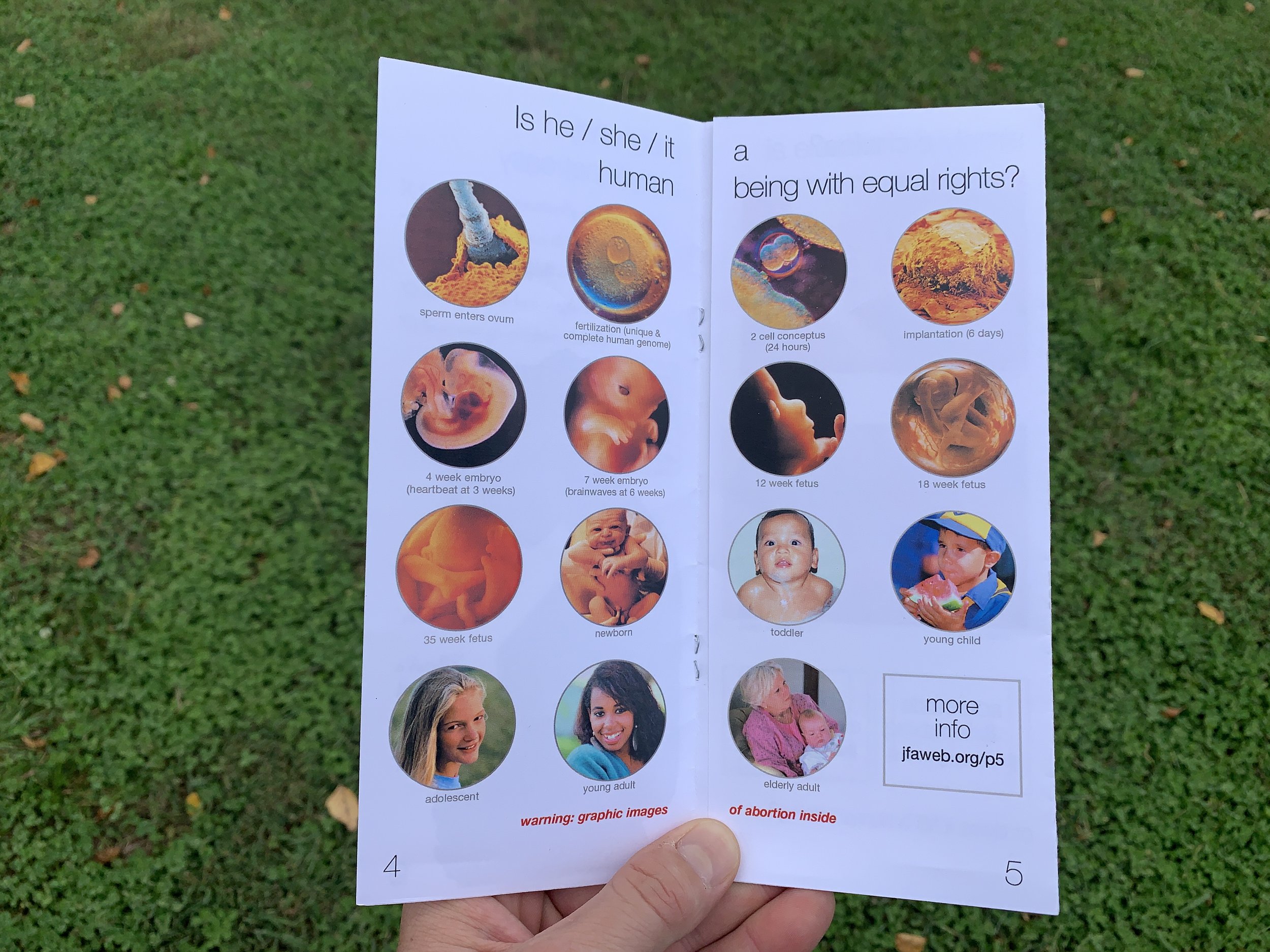Changing Hearts Is Still Job One
As I write this, the Supreme Court is expected to issue an emergency ruling soon on the Texas law (SB8) that has successfully curtailed many abortions in the state. It will also hear oral arguments on December 1 on the Mississippi law banning abortion after 15 weeks (Dobbs). There is some reason for optimism, especially on Dobbs, but the view we’ve gotten from the field is that our most important challenge remains a constant: many people, inside communities of Christians and outside, simply don’t have a strong love for unborn children and their mothers. It’s that love that drives the JFA team to work to protect both from abortion.
So changing hearts remains Job One. In this Impact Report, we share reflections from participants who found that love and the tools to express it through our training program. We also share pictures of conversations created at recent outreach events. To read some of the amazing stories of changed hearts from the past few months, click the links towards the end of this post.
I am coming to realize just how important it is to reach out to people who are thinking of having an abortion. I used to think that I could not make much of a difference, so why even try? But I have come to realize that saving even one life is worth going out and talking to these women, even though it is outside of my comfort zone. – Abby
God’s really been teaching me how to love correctly lately. I get very passionate about abortion, so something God’s been teaching me today is how to take that passion he’s given me and give it back to him so he can use it through me. I’ve been doing it without a lot of love and I’ve felt convicted of that. – Lydia
You have met a concern I didn’t know how to express: it bothered me when Christians just made intellectual arguments and neglected the life of the mother and all the other difficult aspects of this situation. I have never had a framework or seen an example of this being done in love before. I feel like I have the resources now to take a stand against something that is wrong while demonstrating love and showing care. I LOVE the scripts and additional resources. You made this hands on and practical/tangible. I was so thankful for this training! I feel equipped and encouraged and even excited! – Allison
Thank you for making my voice usable. – Rachel
This opened my eyes to the abortion dialogue. It was always a topic of conversation [to which] I would just say “Amen, that’s wrong.” Now I have the tools to actually do something. Your emphasis [on] the “relational” helps me shift this from a debate to an opportunity to love and share the gospel of Jesus Christ. – Eli
Very well articulated. I have been through [similar] seminars, and this did a great job at solidifying this topic into my brain and rekindling the fire in my heart towards this subject. – Garrett
This was super helpful, and not just philosophically, but ... practically. This has been such a great reminder that it’s not only about the unborn, but also about the person standing in front of us, and that we’re called as Christians to love both. – Annie
I used to look at the topic of abortion as a big rock that I could not move. Now I learned that I can now slowly chip away at it. – Mariah






